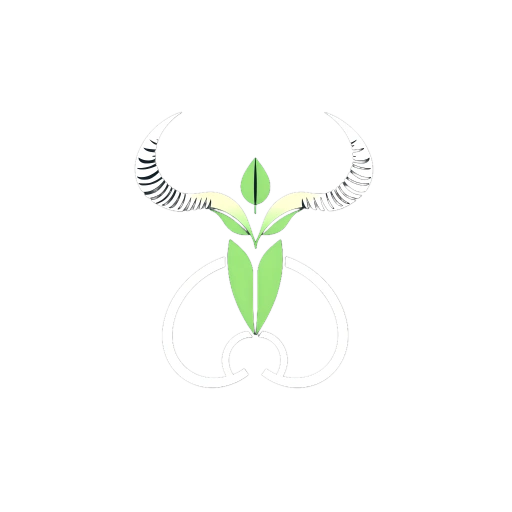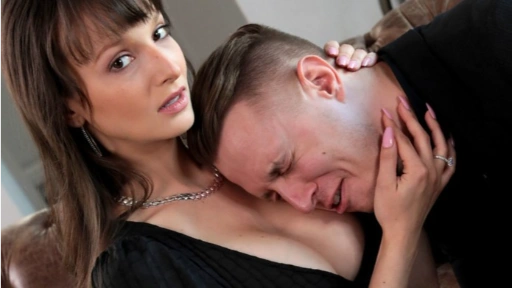Understanding the Alpha-Beta Male Dynamic in Evolutionary Psychology
The concept of the alpha and beta male archetypes has long been a subject of intrigue in both scientific discourse and popular culture. Rooted in evolutionary psychology, these roles reflect dominance hierarchies that have historically influenced mate selection and social interactions. Within the context of cuckold relationships, the alpha-beta dichotomy plays a significant role in shaping the experiences of all participants, particularly in reinforcing sexual and relational dynamics.
From an evolutionary perspective, dominant males—often described as ‘alpha males’—are characterized by higher testosterone levels, physical strength, and genetic desirability. They have traditionally been the primary competitors for reproductive access, securing mates through displays of power, confidence, and superior genetic fitness. Conversely, beta males typically adopt a more subordinate role, demonstrating traits of support, commitment, and emotional availability, which, while valuable in long-term bonding, do not always align with the raw sexual selection pressures observed in nature.
Cuckold relationships naturally align with this framework by integrating a structured power dynamic in which the wife, often the dominant partner, selects an alpha male (bull) for intimate relations, while the beta male husband adopts a submissive, supportive role. This interplay reinforces the psychological and physiological markers of dominance and submission, creating a fulfilling experience for all participants.
The Sexual Dominance of Alpha Males in Cuckoldry
Sexual dominance is a cornerstone of the alpha male’s role in a cuckold dynamic. Studies in sexual psychology suggest that many women are instinctively drawn to traits that signal genetic superiority, including physical fitness, assertiveness, and social dominance. These attributes align with those commonly attributed to bulls in cuckold relationships, reinforcing the idea that a wife’s preference for an alpha male is rooted in biological and psychological predispositions.
Within the cuckold framework, the bull’s role extends beyond physicality; it encapsulates a raw, unapologetic masculinity that contrasts with the cuckold husband’s role as a devoted, submissive partner. The sexual exclusivity granted to the alpha male—such as the concept that only alphas engage in penetrative intercourse—further cements the hierarchical nature of the relationship. This structure not only enhances arousal dynamics but also reinforces the underlying evolutionary theme of selective mate choice, where the genetically superior male is privileged in the realm of reproduction.
The Role of the Beta Male Husband: Submission and Psychological Reframing
For the beta male, cuckoldry serves as both an act of submission and an opportunity for emotional intimacy. While beta males may not exhibit the same dominant sexual traits as their alpha counterparts, they fulfill an essential role within the relationship dynamic—offering stability, affection, and unwavering devotion to their partner. In this dynamic, the beta male willingly embraces his subordinate status, often deriving pleasure from the power imbalance established by the cuckoldress and her chosen bull.
Psychologically, this dynamic challenges traditional notions of masculinity, shifting the focus from sexual exclusivity to emotional surrender and service. For many beta males, the experience is deeply rewarding, allowing them to express vulnerability, admiration, and reverence toward their wives. This dynamic also plays into the psychology of compersion, where the beta male experiences arousal and satisfaction from witnessing his partner’s pleasure with a superior mate.
Reinforcing Roles Through Female Dominance
The wife’s role as the central figure in a cuckold dynamic is pivotal. As the architect of the arrangement, she dictates the terms of engagement, reinforcing the power hierarchy that distinguishes the alpha from the beta male. Through deliberate actions and play initiatives, she establishes clear boundaries and expectations that enhance the experience for all parties involved.
One of the most common ways in which a wife enforces these roles is through selective sexual access—ensuring that only the alpha male engages in penetrative intercourse, while the beta male assumes a supporting, often sexually restrained, role. This distinction further highlights the biological premise that stronger genetic stock is prioritized for reproduction, while weaker males fulfill a nurturing, non-competitive role.
Additionally, psychological reinforcement plays a key role in maintaining the dynamic. Verbal affirmations, humiliation play, and public acknowledgment of the cuckold’s status serve to deepen the beta male’s submission, while also amplifying the wife’s authority. The ability to assert sexual autonomy and control within this structure enhances the wife’s sense of empowerment, solidifying her role as the dominant partner.
The Evolutionary and Psychological Appeal of Cuckoldry
The rise in popularity of cuckold relationships can be examined through the lens of modern psychology and shifting societal dynamics. While traditional monogamy remains the dominant relationship model, the increasing acceptance of alternative arrangements suggests that many couples find fulfillment in exploring power-based sexual dynamics.
From a biological standpoint, cuckoldry aligns with the concept of sperm competition and differential mating strategies. Women who engage with genetically superior mates while maintaining a committed partner benefit from both superior offspring and stable parental investment. This dual-mating strategy has been documented in evolutionary psychology and explains why some individuals derive intense satisfaction from embracing these roles within their relationships.
On the psychological front, cuckoldry offers a structured framework for power exchange, sexual exploration, and personal growth. For the wife, it provides an avenue for sexual empowerment and self-expression. For the alpha male, it satisfies primal dominance instincts. And for the beta husband, it creates an environment where submission and devotion are central themes, leading to emotional depth and reaffirmed commitment.
Navigating Emotional Complexities
Despite its rewards, cuckold dynamics require careful navigation to maintain emotional balance and relational stability. Open communication, trust, and boundary-setting are essential in ensuring that all participants feel secure and valued.
Jealousy management is a critical aspect, as engaging in a power-based sexual hierarchy can evoke deep-seated insecurities. Couples who successfully practice cuckoldry often engage in structured discussions about their desires, fears, and expectations. Additionally, reaffirming the emotional bond between the wife and the cuckold husband helps prevent feelings of displacement or inadequacy.
Therapeutic guidance can also play a role in helping couples integrate these dynamics in a healthy manner. As Dr. Sitara emphasizes in her work, cuckold therapy is not merely about exploring sexual fantasies—it is about fostering connection, enhancing trust, and redefining intimacy.
Embracing the Alpha-Beta Dynamic in Cuckoldry
The interplay of alpha and beta male dynamics within cuckold relationships is deeply rooted in evolutionary psychology, sexual dominance, and relational fulfillment. By embracing these identities, couples can create structured experiences that align with their desires and psychological predispositions.
The dominance of the alpha male, the submission of the beta husband, and the authority of the wife create a symbiotic relationship that satisfies all participants on different levels. When approached with intention, trust, and open communication, this dynamic has the potential to foster deeper intimacy, sexual satisfaction, and personal growth within relationships.
Ultimately, cuckoldry is not just about hierarchy—it is about empowerment, self-awareness, and mutual exploration in ways that challenge and expand conventional notions of love and partnership.



